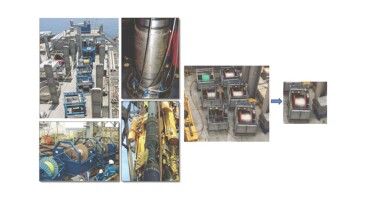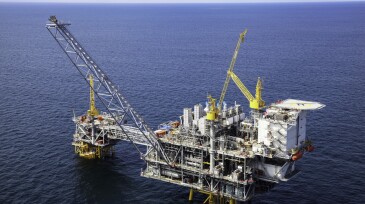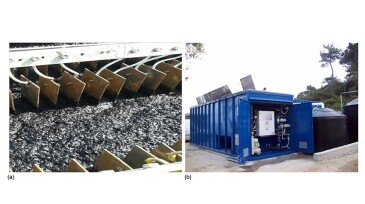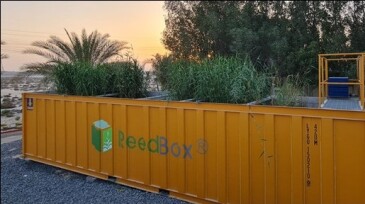water treatment
-
The authors of this paper aim to design, optimize, and evaluate a scalable and energy-efficient plasma-driven advanced-oxidative-process system for produced-water remediation, emphasizing regulatory compliance for safe discharge or reuse.
-
This paper describes an intelligent completion system in the context of multiple wells that, by electrifying the process, replaces the conventional electrohydraulic systems that have been in use for decades.
-
This article is the second of a two-part series on produced-water management in the Gulf of Mexico and covers four themes: equipment, process configuration, operations, and effluent quality.
-
This paper presents an overview of the operator’s Marlim and Voador fields revitalization project, highlighting features and main achievements in the context of Campos Basin redevelopment.
-
The paper aims to address the challenges and opportunities in managing produced water and its contaminants in the petroleum industry.
-
This first of a two-part series provides guidelines for designing and operating advanced produced-water systems on offshore platforms, covering fluid characterization, chemical treatment, equipment, process configuration, operations, and effluent quality.
-
The Permian’s produced-water challenge presents an opportunity for innovation to pave the way toward a more sustainable future for the industry.
-
Nature-based solutions, such as constructed wetlands, have gained increasing interest over the past decade as a sustainable option for wastewater treatment in the domestic, industrial, and oil and gas sectors, with a growing number of examples now existing throughout the UAE, Oman, and other oil-producing regions.
-
This paper presents a summary of the results of a study of the potential for repurposing legacy oil and gas facilities in the Gulf of Mexico for uses in a blue economy.
-
This paper is the second of a two-part series. It covers facilities problems caused by iron, injectivity problems caused by iron, and the mitigation of colloidal iron-related problems.
Page 1 of 2









